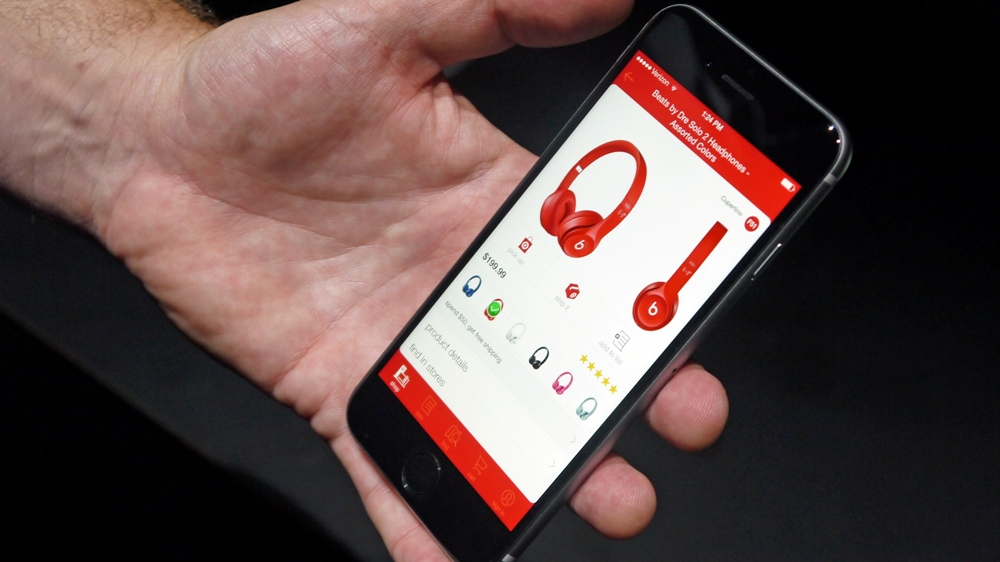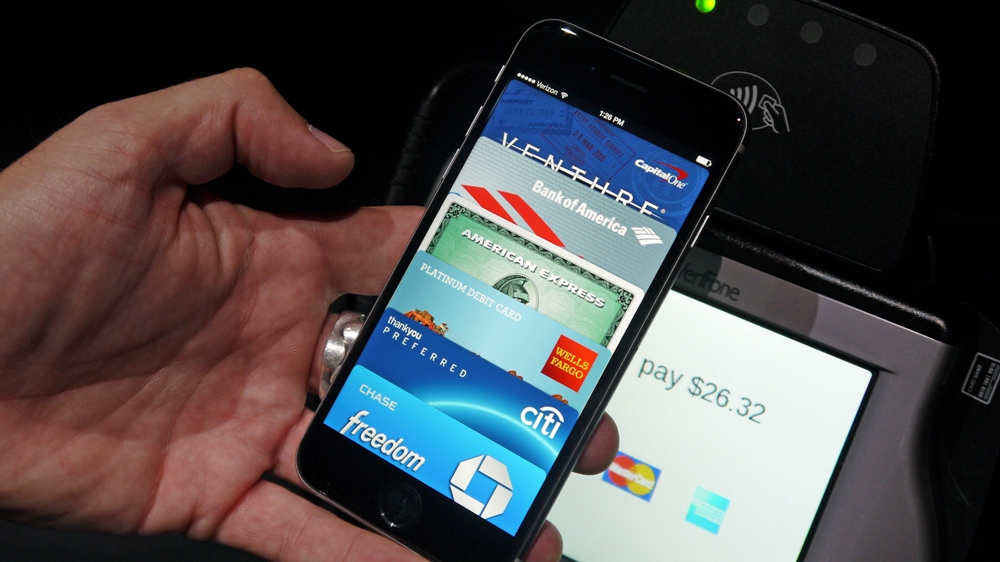Apple is at its best when it's being disruptive
MacFormat's brand new column is here

Apple is good at disrupting stuff. It has disrupted computers, it has disrupted music, it has disrupted mobile phones, and, not to put too fine a point on it, it has disrupted Microsoft.
Apple hasn't always known what the end game would be of each disruption, it seems, but it did them anyway because it felt like a good, crowd-pleasing idea at the time. It's hard to see how introducing the ability to remix your albums in iTunes – 2001's 'Rip, mix, burn' tagline – was the first step in a considered plan that would lead directly to U2 giving away its new album for free on Apple's platform.
Yet Apple seemed simply to revel in, even if it ultimately benefited from, the anarchy that followed this campaign. Some men just want to watch the world burn CDs.
Disruption, of course, isn't always and only a good thing. The assassination of Archduke Franz Ferdinand disrupted Europe somewhat, you might say, and there's nothing worse than someone disrupting a nice yawn.
You might, too, argue with me were I to assert that Apple always disrupts things well or to the greater glory of humankind – but disrupt it does.
"You have to admire Apple's chutzpah"

Indeed, it's in the middle of disrupting something now: paying. You have to admire Apple's chutzpah; it takes only the merest flutter of imagination to conjure up a reality where Apple may have faded from relevance as a consumer technology company, but it takes an especially cuckoo flight of fancy to posit a world where we no longer pay for stuff.
Apple Pay, then, seems a more conscious disruption than some of Apple's earlier efforts. This isn't 'let's make payments easier because that's better for the consumer (which might make them buy our products rather than a competitors')'.
Get daily insight, inspiration and deals in your inbox
Sign up for breaking news, reviews, opinion, top tech deals, and more.
This is 'people paying for stuff is the very definition of a safe bet; let's shake things up and position ourselves in the middle of it all so that when the piece starts to fall back to earth, they'll fall into our hands.'
What Apple should disrupt next...
Few people were clamouring for Apple to disrupt payments before its 9 September event, yet at least for Apple folk, it suddenly makes so much sense. We trust Apple not to screw this up; we trust it partly because it's in the business of selling us things rather than us sold as things ourselves, and that feels inherently like a more honest business.
That trust directly feeds the Apple rumour mill. So many so-called rumours are little more than wish lists from the Apple faithful; we have seen Apple disrupt companies, technologies, entire markets before, and most of us are delighted with the results.
We trust Apple to disrupt things well; we want Apple, in short, to fix things. People have been saying Apple will fix TV for years – and hey, maybe it will – but Apple's at its best when it doesn't do the obvious, instead focussing on problems we didn't realise we had; often, we've spent so long working around a problem that we don't even recognise it as a problem.
That's what I want Apple to disrupt next: something we don't realise needs disruption.